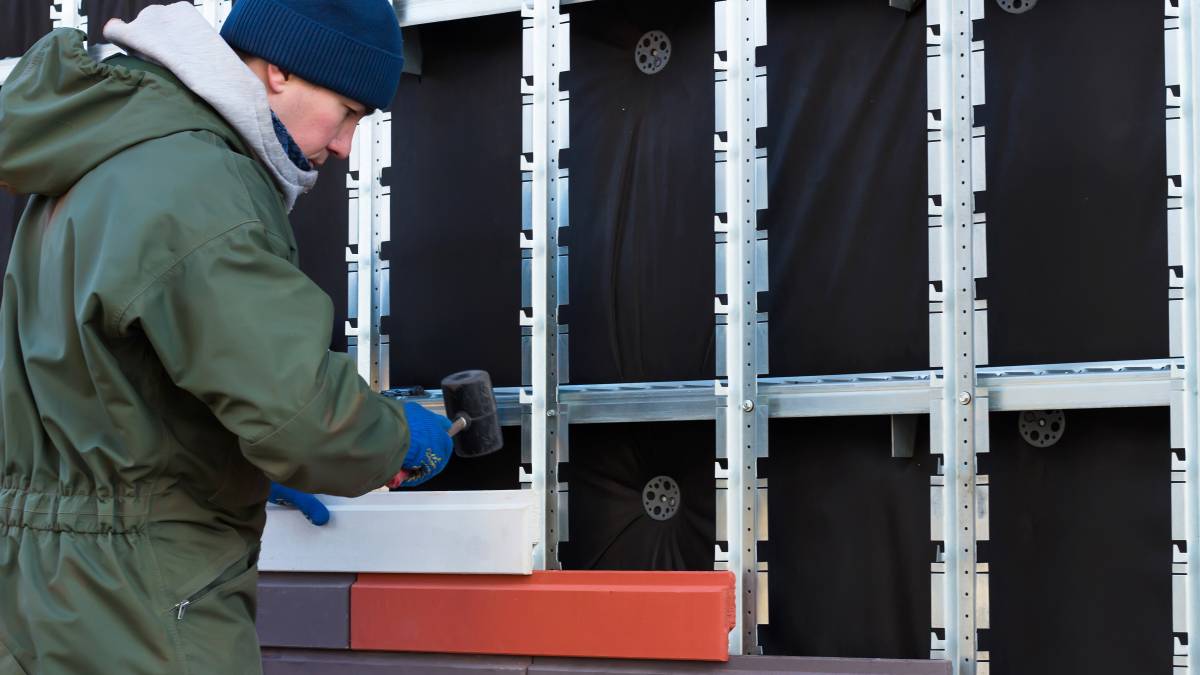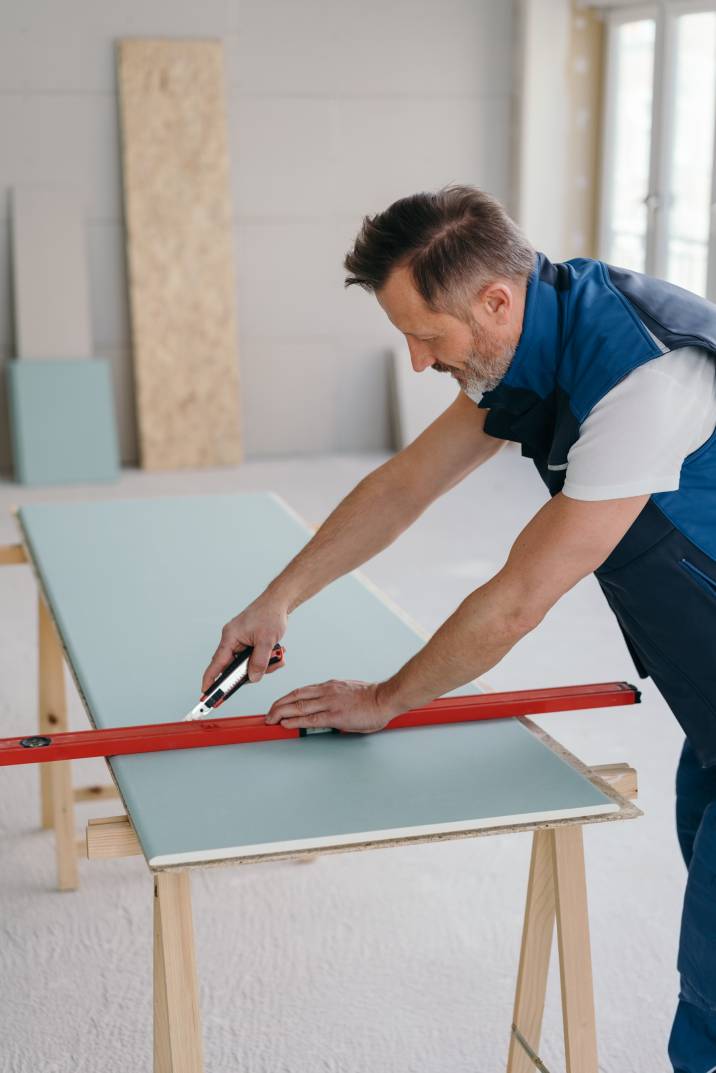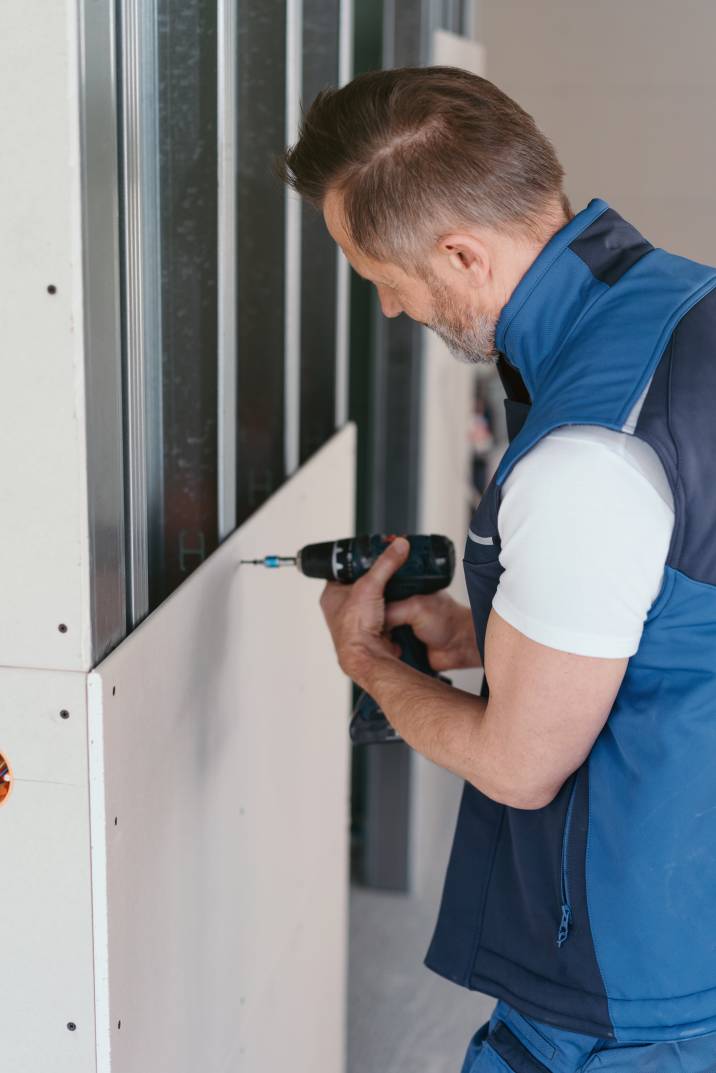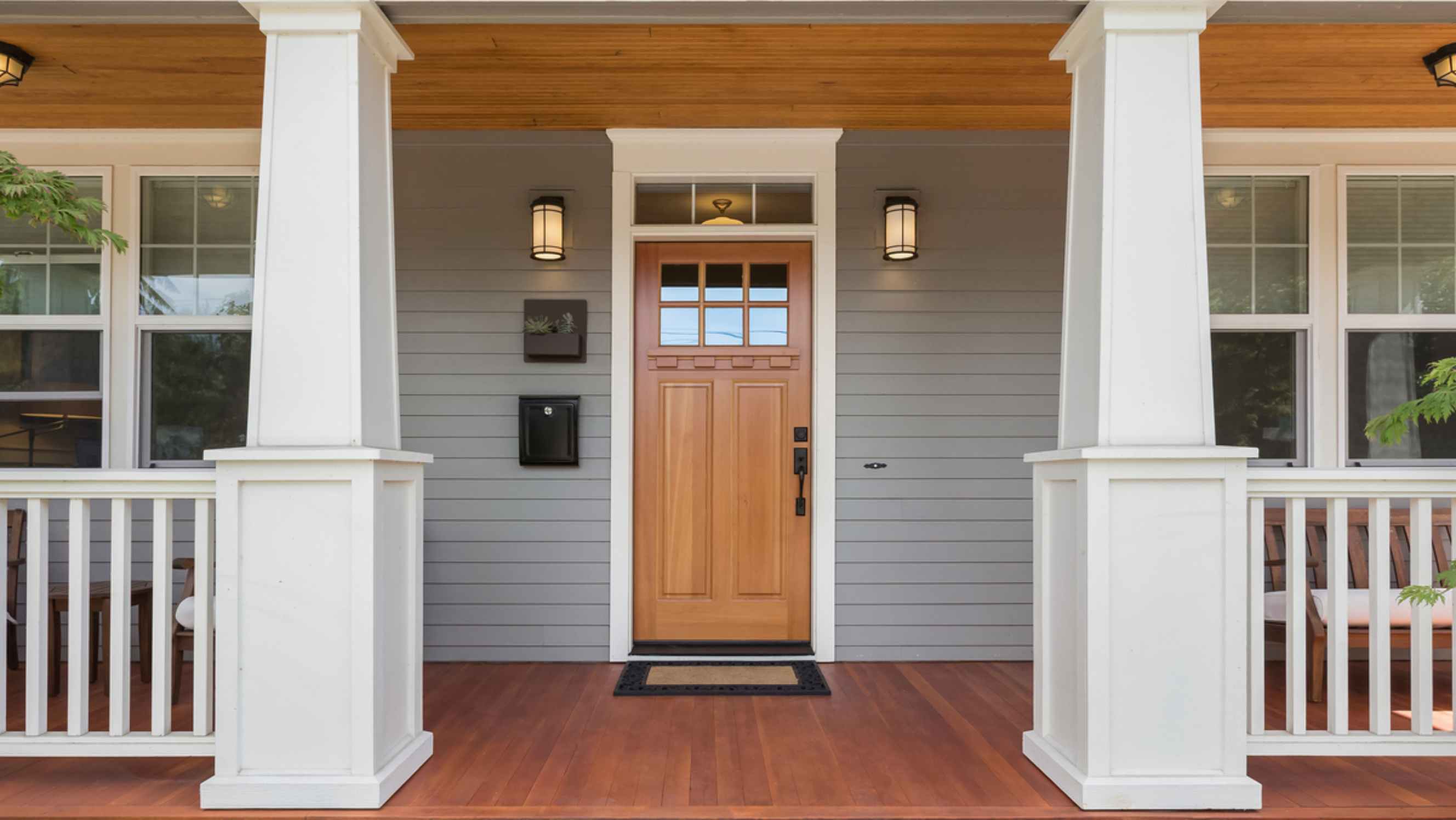
How much does cladding cost?
Get a free quote nowPost to find a price. It's free and only takes a minute.
Price guide
$148 - $1,800
low
$148
median
$30
high
$1,800
Last Updated on
Transforming your home’s exterior can be a strategic investment to enhance its aesthetic appeal and potentially increase its market value. One effective approach for achieving this transformation is through the use of cladding.
Cladding can modernize the look of your property and also provide an added layer of protection against the fluctuating weather conditions in the US that your home faces over time.
In this article, we want to give you an idea of external wall cladding prices. We'll discuss several things, like how much it costs to clad a house and how much it costs to get weatherboard cladding. Depending on the products you pick, the typical cost of cladding per square foot ranges from $3 to as much as $30, and the labor cost per day ranges from $148 to $1,800.
How much does it cost to clad your house?
Different types of cladding include timber, vinyl, stone veneer, aluminum, and weatherboard. Cladding can add durability and beauty to your exterior walls, depending on your budget.
Stone veneer cladding is usually the most expensive, with a maximum of $15 to $30 per square foot. Aluminum cladding prices are around $5 to $30 per square foot. For more details, see the table below:
Material |
Price |
Unit |
Average labor cost per day |
Timber |
$3 to $25 |
Per square foot |
$148 to $1,800 |
Vinyl |
$3 to $16 |
Per square foot |
$148 to $1,800 |
Aluminum |
$5 to $30 |
Per square foot |
$148 to $1,800 |
Weatherboard |
$18 to $30 |
Per 4.2 m x 230 mm |
$148 to $1,800 |
Stone Veneer |
$15 to $30 |
Per square foot |
$148 to $1,800 |

Cladding cost calculator
Measure the area requiring cladding to calculate the total price of your project. After which, you will identify what kind of material to use, multiply the area by the cost per square foot (or other measurement provided), and add the average labor cost. Remember that cladding usually takes two to seven days.
Timber-cladding prices
Timber prices start at $3 per meter, with $6 per meter as the most expensive. Commonly used types of timber in the US are Cedar, Redwood, Pine, Douglas Fir, and Spruce. Species like Cedar, Redwood, and Douglas Fir have powerful appearances and durability. They're compatible with the ever-changing weather.
Here are the prices for different types of timber:
Type of timber |
Price (per square foot) |
Cedar |
$6 to $20 |
Redwood |
$10 to $25 |
Pine |
$3 to $8 |
Douglas Fir |
$8 to $15 |
Spruce |
$4 to $10 |
Timber prices change if the wood is homegrown or imported.
Vinyl cladding
Vinyl cladding is popular for its durability and reasonable price. Unlike timber, vinyl does not rot or corrode. It can last for 10 to 20 years with minimal maintenance. You can also choose from various colors, with white as the cheapest. Vinyl cladding is also fire-resistant and neat, costing $3 to $16 per square foot.
Aluminum cladding
One of the most common types of aluminum cladding is Aluminum Plate Panels, with an average price of $10 to $30 per square foot. It guarantees solid protection from bad weather and resists corrosion. One affordable option is an Aluminum Composite Panel (ACP). Generally, it only costs $5 to $15 per square foot.
Weatherboard cladding
Weatherboard cladding or external wood cladding is measured per 4.2 m x 230 mm. Weatherboards come in different shapes and sizes and look like timber. They have fiber cement, vinyl, and hardwood variants. However, the downside of a weatherboard is that it needs more maintenance work than other cladding types.
Stone veneer cladding
Using stone cladding can make your house look traditional. Your fireproof options depend on the style you want. Stone veneer is one of the most expensive cladding types, costing $15 to $30 per square foot. Its installation also requires experts. Expect to pay $148 to $1,800 per day for labor and installation.
What is the labor cost for cladding?
Prices for labor depend on the skillset of your chosen tradesman. Cladding specialists have higher fees since they have years of experience. Depending on the size of your area, cladding usually takes two to seven days to complete. Here are the labor costs of different tradesmen:
Tradesman |
Labor cost per day |
Cladding Specialist |
$440 to $1,800 |
General Builder |
$148 to $400 |
Carpenter |
$188 to $500 |
Laborers |
$148 to $206 |

Some laborers charge per hour instead of per day. Discuss their rates when you ask for a quote.
Additional costs
You need to consider many things before you start your cladding project. These factors will affect your total expenses:
- Property size and shape. Those with bungalow houses might prefer to clad their entire place, while those who own two-story homes might go for a half-clad.
- Location. You might have to spend more money on laborers far from your place. Also, consider the delivery of the materials.
- Materials. The quality of the materials will significantly affect your budget.
- Carpenter or company reputation. People are usually willing to pay more when quality is assured. Skilled workers charge more.
- Duration. Cladding installation usually takes two to seven days. Consider this if you prefer a per-day rate.
- Scaffolding. You might want to add $5,000 or $8,000 to your budget for this.
- Cleaning. It is vital to start a project with a clean house so that your laborers can set up their materials properly. You can do this independently or hire cleaners to save time and energy.
- Cladding removal. If your property already has cladding, remove it before the installation project. It's not essential to hire cladding experts, but you might need laborers to do it for you.
How to find a cladding installer
When searching for a cladding installer, choose someone with a good reputation. Here are some pointers:
- Look at their portfolio and check their qualifications and experience.
- Check their licenses. States have different cladding license requirements.
- Ask your friends and family members for recommendations.
- Some companies have different specialty tradespeople. If you're having a house renovation, you might want to hire someone to work on your floors, roof, and walls. You might be able to save on daily labor costs.
- Ask for quotations from different tradespeople to have an objective price list.
- You can also check if they're members of reputable cladding and construction associations in the US, like the National Association of Home Builders (NAHB) or the Associated General Contractors of America (AGC). The organization assures the quality of its members.
- Hire a Tasker so that you don’t need to go around for information!
How do I post a task on Airtasker?
Are you ready to hire a cladding installer? It's time to post your listing! Here's what you need to provide to start receiving offers:
- Location
- Budget
- Project duration
- Preferred cladding type
- Area size
- Other services you want to include
The more information you provide, the easier it is to get the offer you need.
FAQs
This depends on the type of cladding, the weather, and how you maintain your house. It usually lasts for 10 to 60 years.
You can, but it's not ideal. It's an intricate job for skilled professionals.
Rendering is an external wall covering made of a layer of sand, cement, waterproofing solution, and paint. Its service life is usually shorter than cladding, as it is prone to algae and mould buildup. Cladding, on the other hand, has different types. It results in durable exteriors and functions as an insulator.
Find cladders, fast
Post a task
Related price guides

How much does cladding cost?
Read more
Related articles
